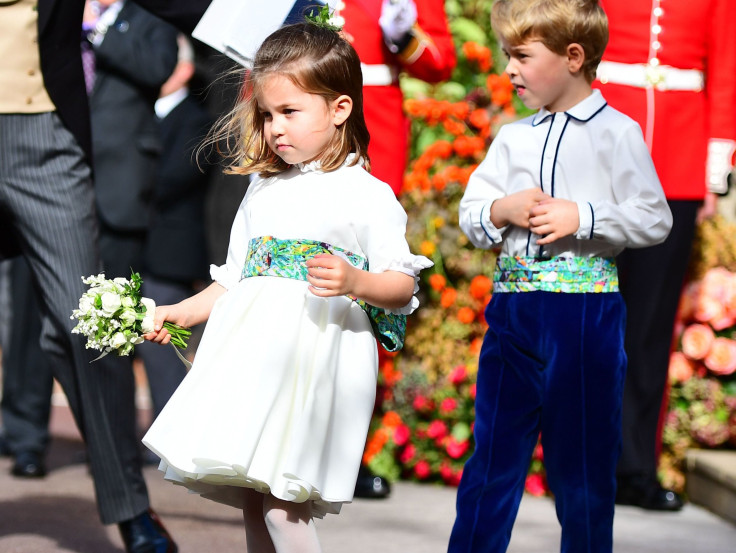Princess Charlotte is the second child of Prince William and Kate Middleton, succeeding Prince George, the third in the line of succession to the British throne. When Prince George takes the throne and have children of his own, Princess Charlotte would be pushed further down the line of succession.
However, there’s actually one way that Charlotte could have an unprecedented role in the monarchy when his brother reigns. As a matter of fact, had a proposed amendment to government legislation been adopted in the past, the princess could become the supreme governor of the Church of England.
According to an Act proposed by Tory grandee Jacob Rees-Mogg, the next in line of succession would perform the functions of the supreme governor of the Church of England if the monarch were Catholic. That means that when it’s time for Prince George to reign and he decides to convert to Catholicism, Princess Charlotte would serve as the supreme governor.
The Act was proposed amid the ongoing debate regarding the 2013 Act, in which the central question was discrimination against Catholics in the monarchy. Since the 1701 Act of Settlement, there has already been a ban on Catholic monarchs. When the 2013 Act was modernized, however, it allowed for the monarch to marry someone of Catholic faith.
To address the problem, Rees-Mogg proposed a clause in the bill that would remedy the discrimination of Catholics while safeguarding the Church of England as the established church. Unfortunately, the clause proposed by Rees-Mogg didn’t make it past the report stage, where it was defeated by 371 votes to 38.
Currently, the role of the supreme governor of the Church of England is performed by the reigning monarch. Had Rees-Mogg’s clause been passed, then it would have led to the unprecedented situation where the head of state and the supreme governor of the Church of England are two different people.
Princess Charlotte made history when she was born in 2015 as she became the first-ever royal baby girl to take her place in the line of succession regardless of her gender. Had the Succession to the Crown Act of 2013 not been amended, it would have seen the latest Cambridge baby, Prince Louis, take the place of Princess Charlotte in the line of succession.
As the current law stands, the generation of Prince George is the first to be allowed to marry a Catholic. When he becomes king, however, his children would need to be brought up in the Church of England so they could retain their succession rights.

© 2025 Latin Times. All rights reserved. Do not reproduce without permission.




